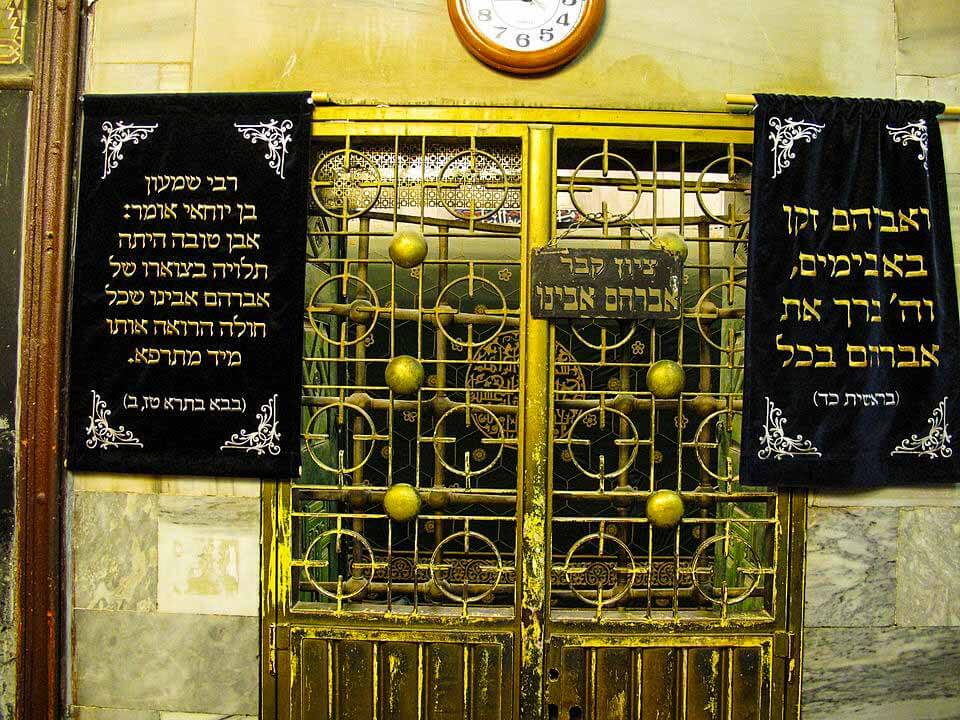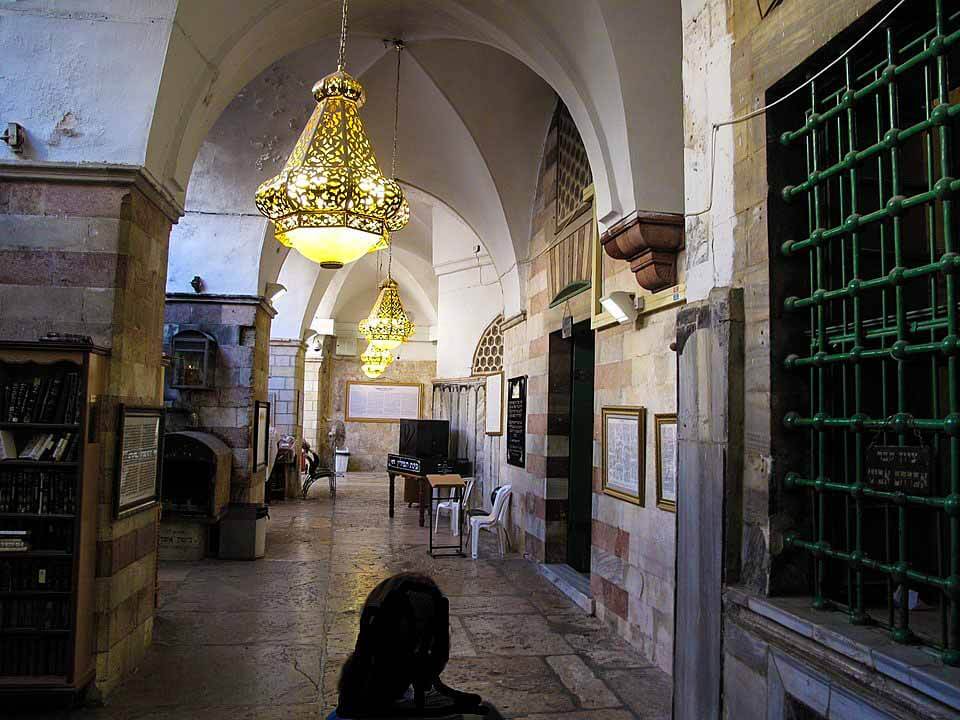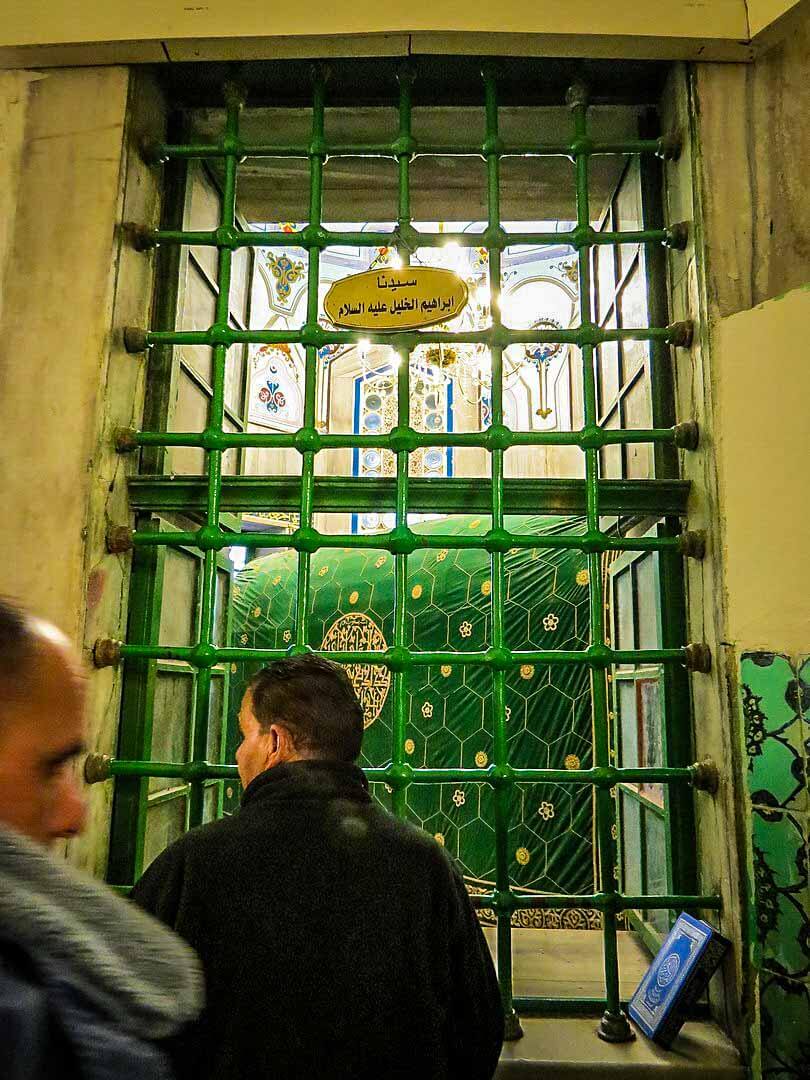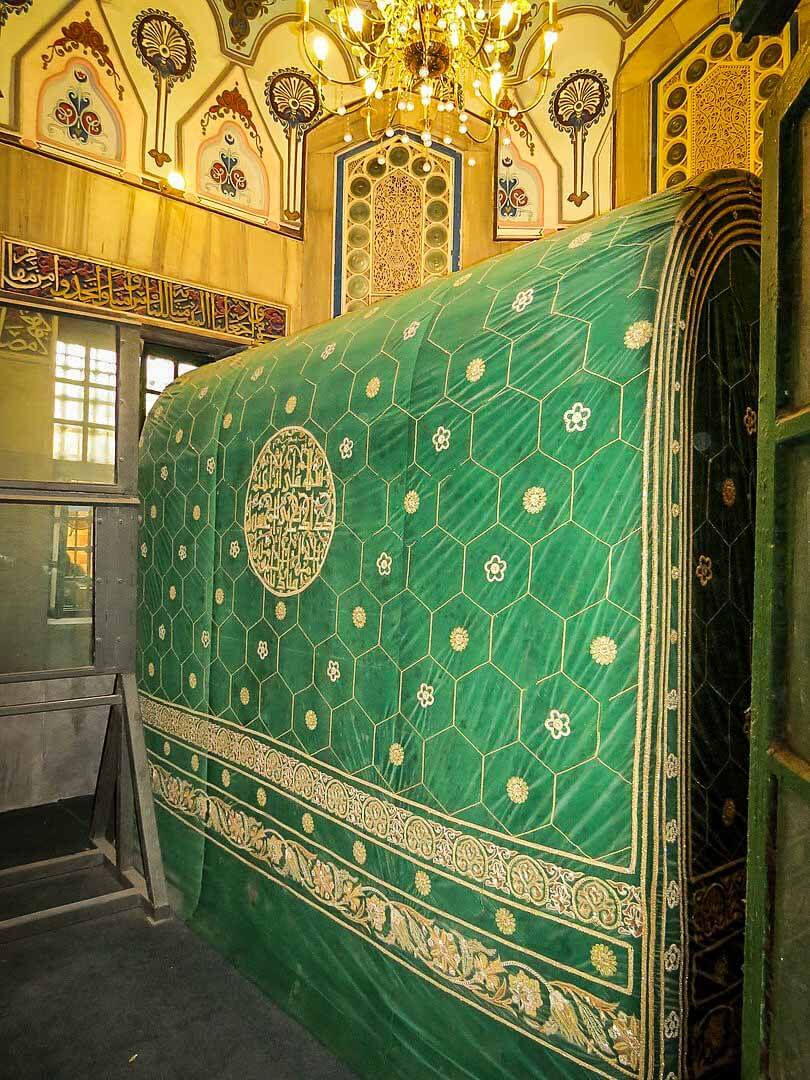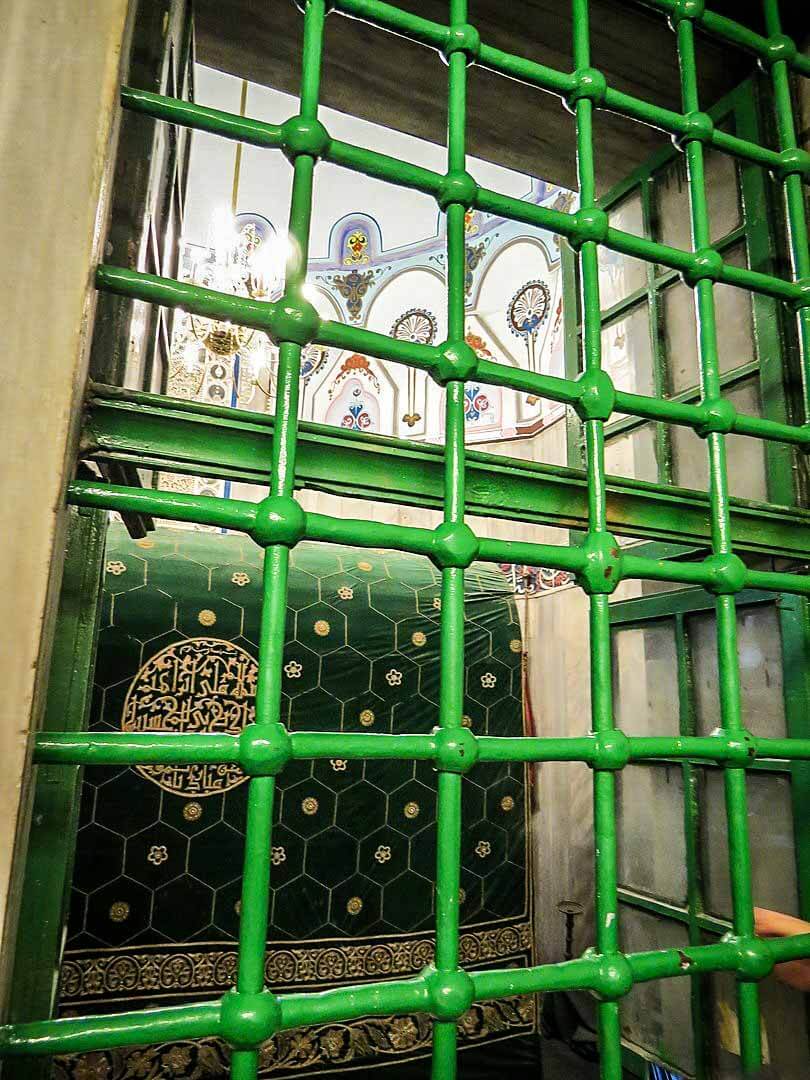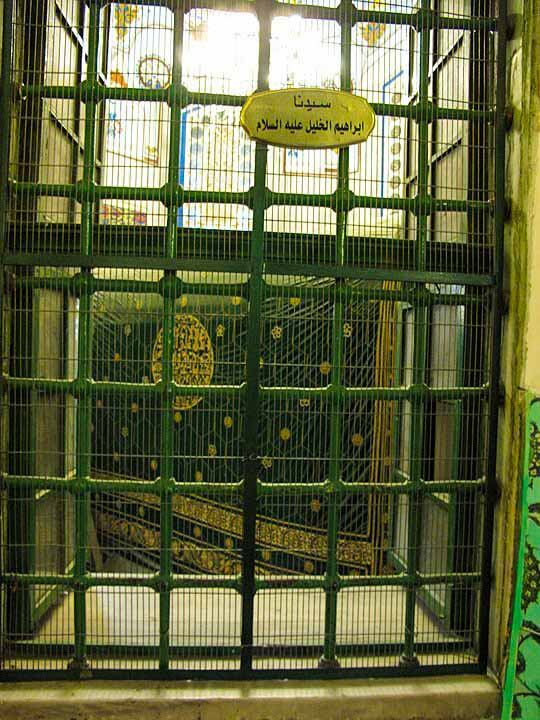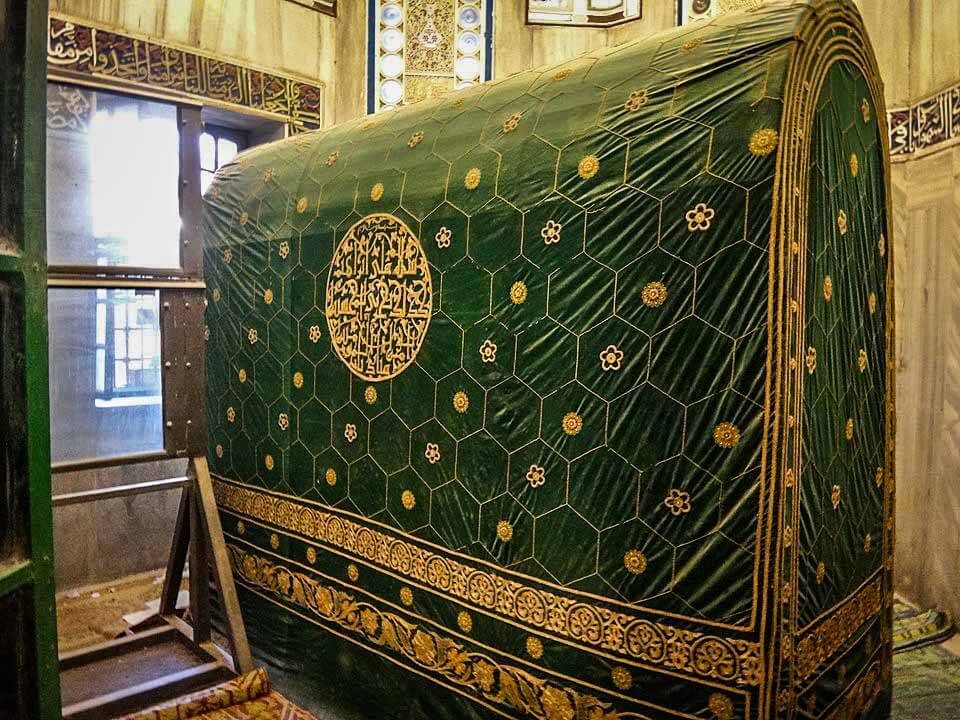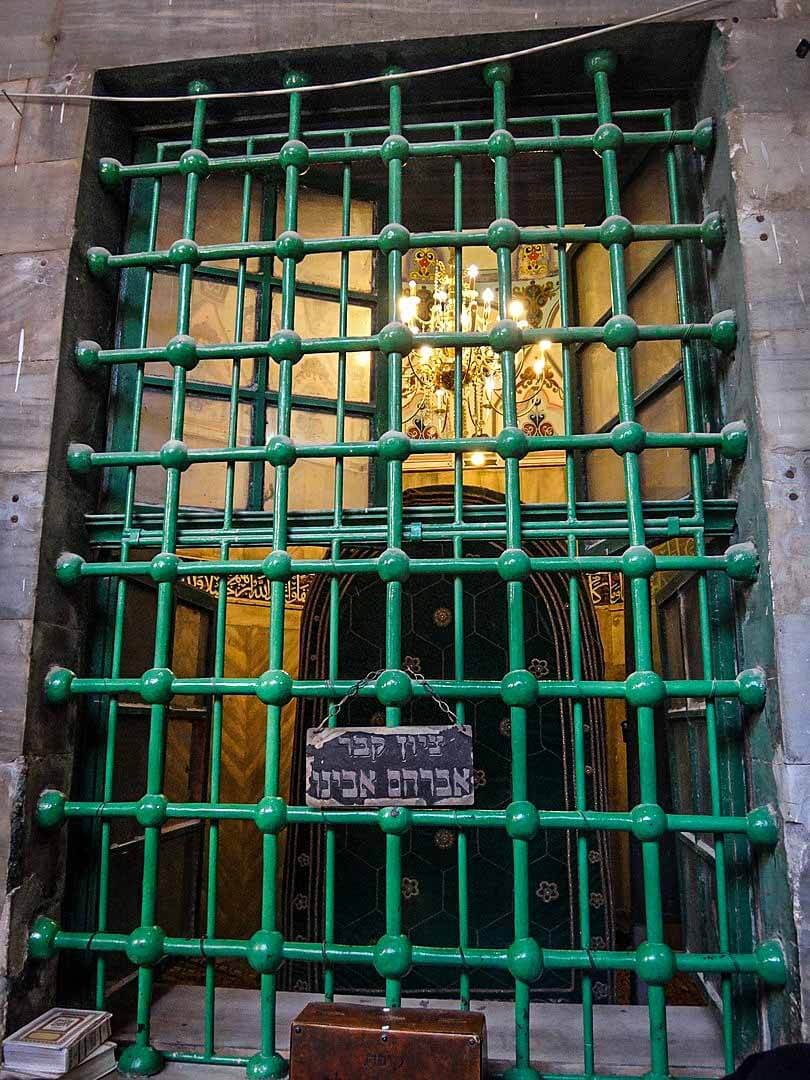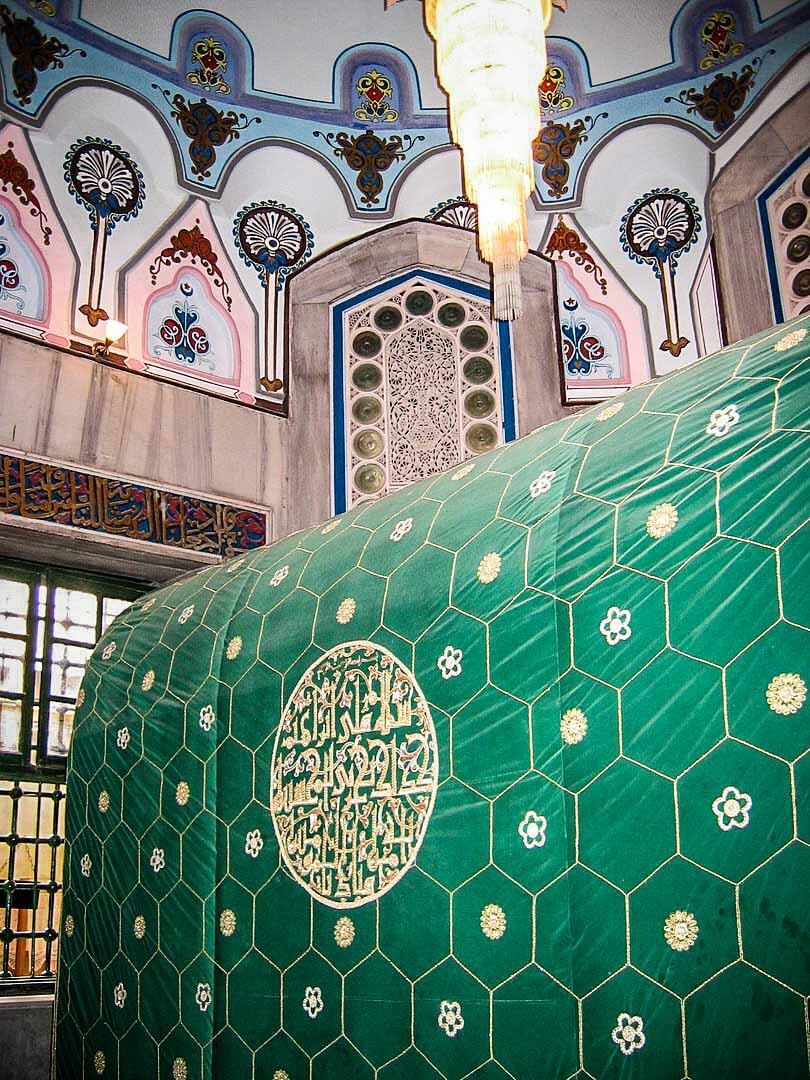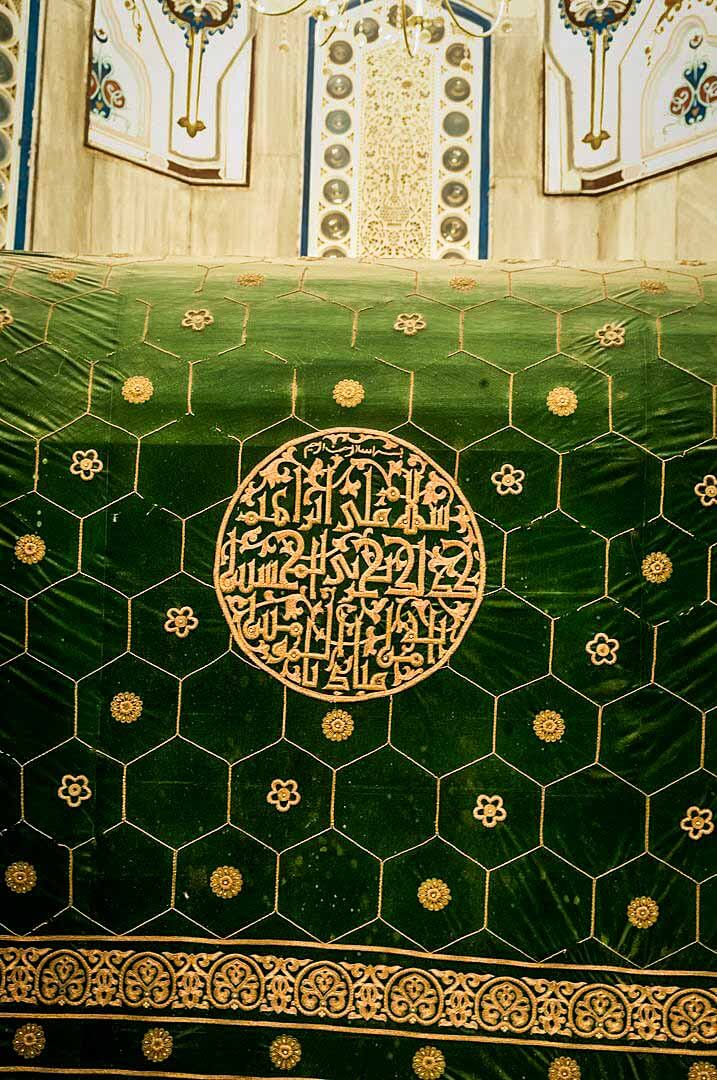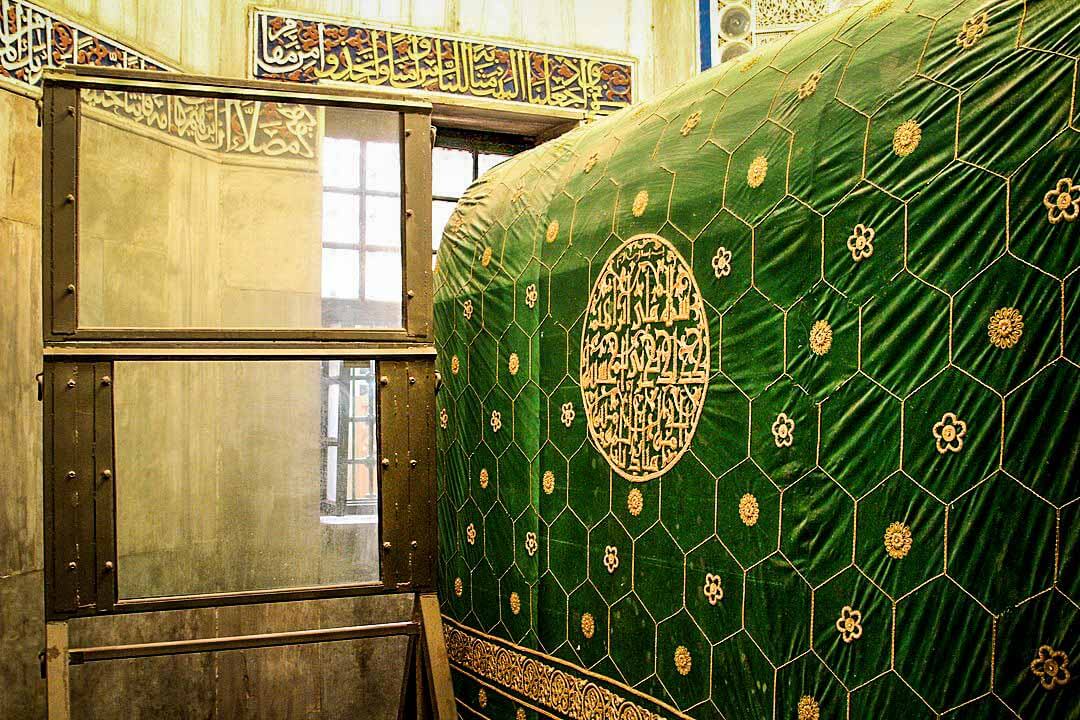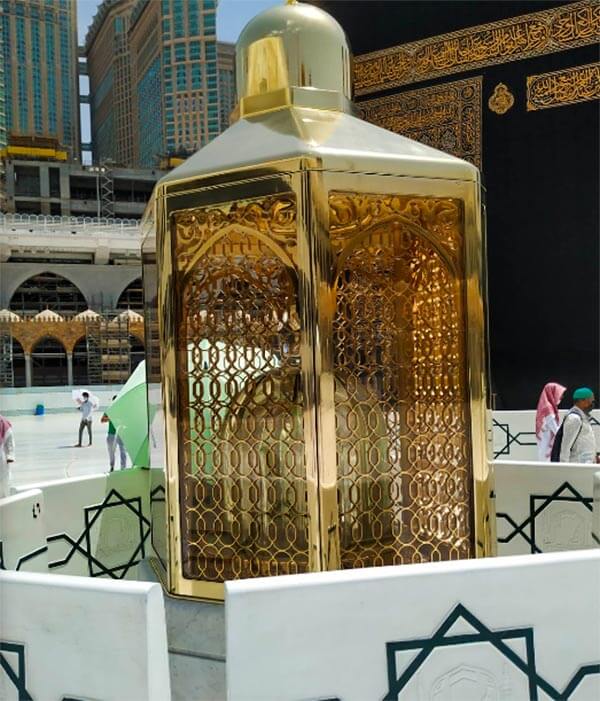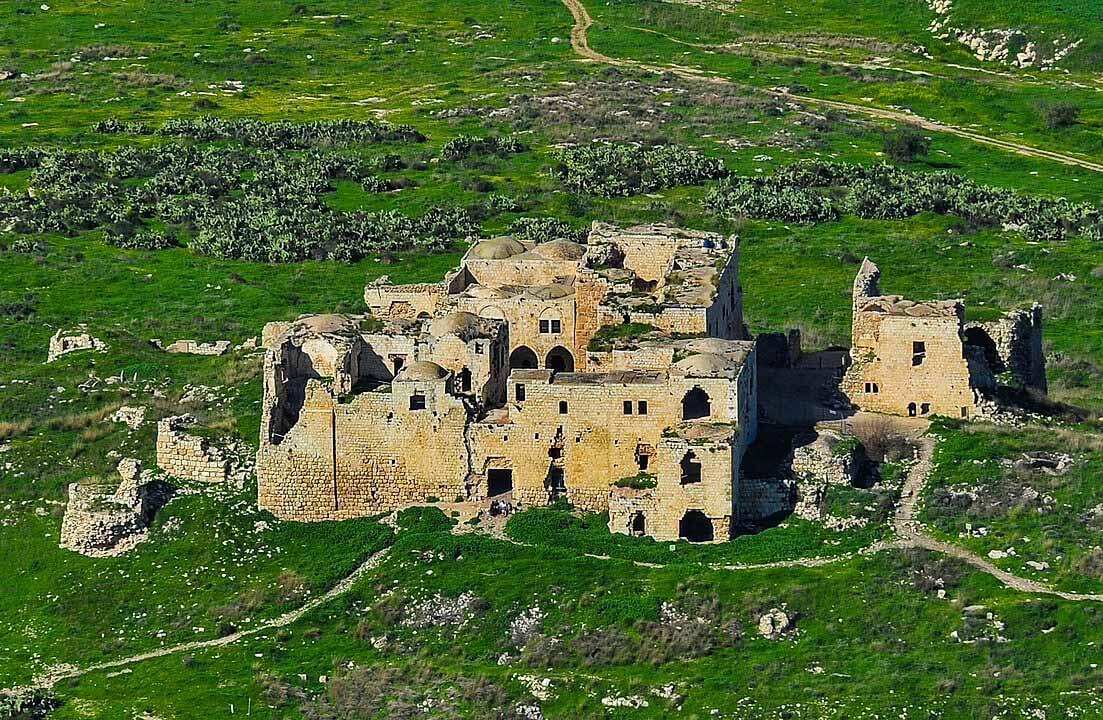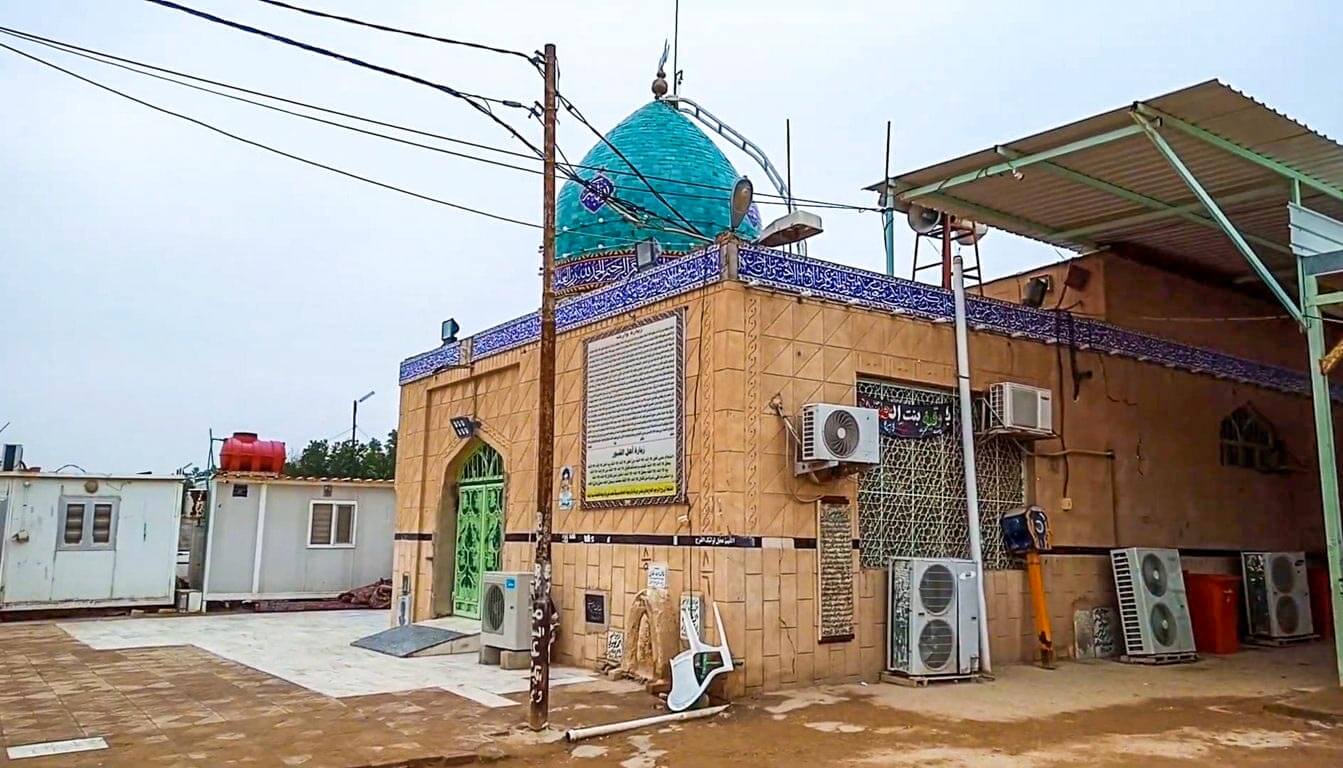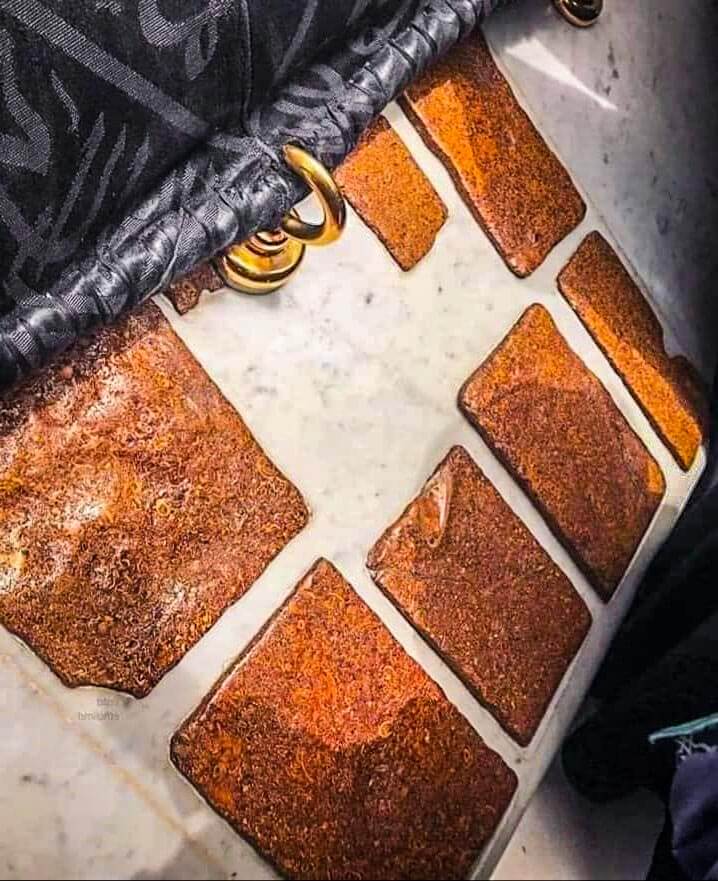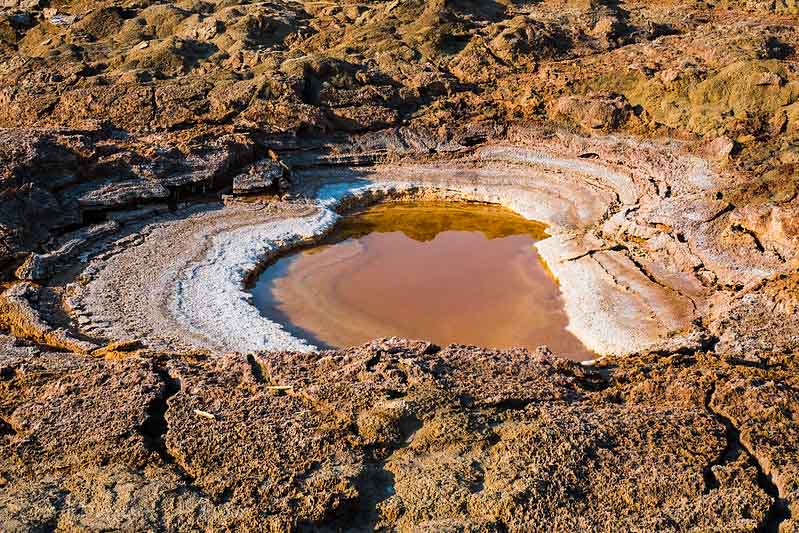Hebron, West Bank – Palestine
Coordinates: 31.524705, 35.110715
Hz. Ibrahim عليه اسلام plays a prominent role as an example of faith in Judaism, Christianity, and Islam.
His tomb is located in Haram al-Ibrahimi (Masjid-e-Khalil Mosque) Complex
It is narrated by Ibn kathir in Stories of the Prophets that Hz. Ibrahim عليه اسلام died at the age of one hundred seventy five.
Father of all Nations
In Muslim belief, Hz. Ibrahim عليه اسلام fulfilled all the commandments and trials wherein Allah nurtured him throughout his lifetime.
As a result of his unwavering faith in Allah, Hz. Ibrahim عليه اسلام was promised by Allah to be a leader to all the nations of the world.
The Quran extols Hz. Ibrahim عليه اسلام as a model, an exemplar, obedient and not an idolater.
The Islamic holy day ‘Eid al-Adha is celebrated in memory of the sacrifice of Hz. Ibrahim عليه اسلام, and each able bodied Muslim is supposed to perform the pilgrimage to pay homage at the Kaaba in the Hejazi city of Mecca, which was built by Hz. Ibrahim عليه اسلام and his son Hz. Ismael عليه اسلام as the first house of worship on earth.
Muslims believe that Hz. Ibrahim عليه اسلام became the leader of the righteous in his time and that it was through him that Adnanite-Arabs and Israelites came.
Hz. Ibrahim عليه اسلام, in the belief of Islam, was instrumental in cleansing the world of idolatry at the time.
Paganism was cleared out by Hz. Ibrahim عليه اسلام in both the Arabian peninsula and Canaan.
He spiritually purified both places as well as physically sanctifying the houses of worship.
Hz. Ibrahim عليه اسلام and Hz. Ismael عليه اسلام further established the rites of pilgrimage, or Hajj (‘Pilgrimage’), which are still followed by Muslims today.
Muslims maintain that Hz. Ibrahim عليه اسلام further asked Allah to bless both the lines of his progeny, of Hz. Ismael عليه اسلام and Hz. Ishaq عليه اسلام, and to keep all of his descendants in the protection of Allah.


